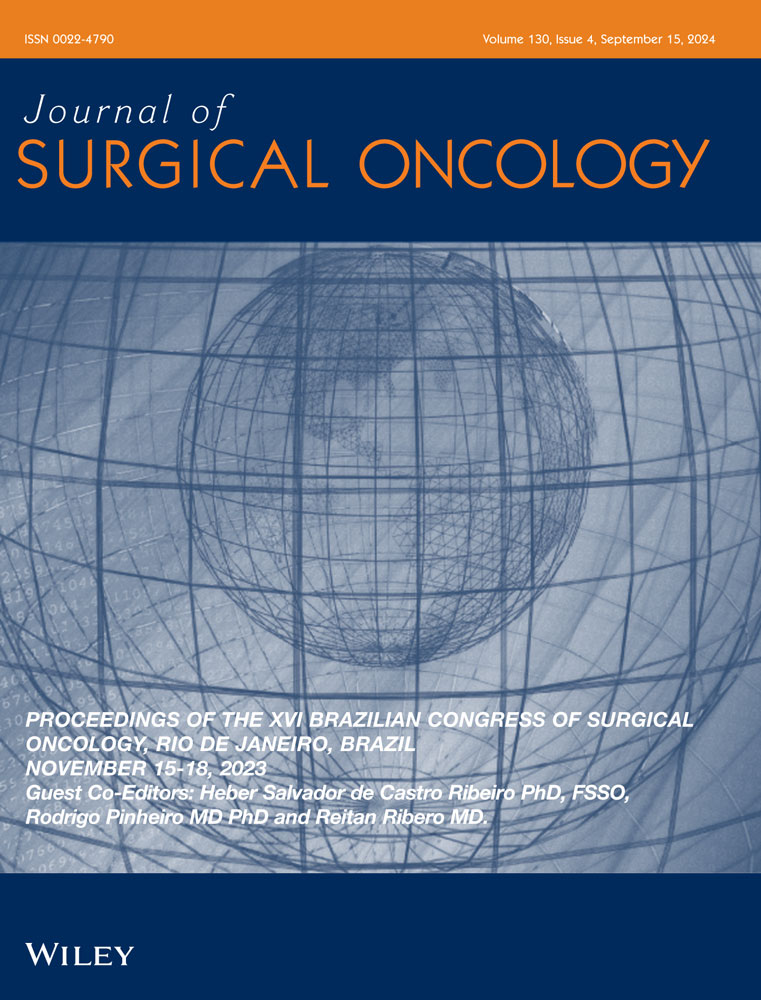Quality of Life Post Cervical Cancer Treatment: A Comparison Between Radical Surgery Approach and Radiotherapy and Chemotherapy
ABSTRACT
Introduction
The assessment of quality of life (QoL) in women with cervical cancer is crucial due to the profound changes they undergo during and after treatment. Often, the significance of sexual factors is underestimated, likely due to societal taboos surrounding such discussions.
Objective
This study aimed to determine the long-term QoL outcomes, particularly focusing on sexuality, among three therapeutic approaches for cervical cancer: chemotherapy, radiotherapy, and brachytherapy; isolated hysterectomy; and hysterectomy combined with radiotherapy.
Methods
Conducted from November 2022 to July 2023, this cross-sectional study involved 131 cervical cancer patients. Their QoL was assessed using the MDASI, FACIT-Cx, and risk factor questionnaires. Results were compared across the three treatment groups, revealing notable differences.
Results
Patients undergoing chemo/radio/brachytherapy showed significantly lower QoL scores compared to those undergoing isolated hysterectomy. This was evident in reduced scores across FACIT-Cx subscales for physical well-being, specific concerns, and FACIT-total (p < 0.05). The MDASI results similarly indicated greater symptoms and interference in daily activities for the chemo/radio/brachytherapy group.
Conclusion
In conclusion, isolated hysterectomy, demonstrated superior QoL outcomes compared to chemo/radio/brachytherapy. Furthermore, the study underscored the importance of addressing sexual concerns in QoL assessments of cervical cancer survivors, emphasizing the need for comprehensive care to enhance overall well-being posttreatment.
Open Research
Data Availability Statement
The data that support the findings of this study are available on request from the corresponding author. The data are not publicly available due to privacy or ethical restrictions.




